
China will implement the negative list approach for all foreign investment in China from July 28.
The National Development and Reform Commission (NDRC) and the Ministry of Commerce (MOFCOM) jointly issued a revised foreign investment catalogue on June 28, which includes the negative list as well as sectors and industries that the government wants to encourage foreign companies to invest in. No restrictions should be imposed on foreign investment in sectors and industries off the negative list in principle.
Based on the negative list, foreign investment in 35 sectors, including the fostering of new agricultural products and the production of seeds, are restricted. 28 sectors that are off-limits to foreign investors include air traffic control and compulsory education institutes.
NDRC officials indicated that the revised catalogue is based on the experiences of free trade zones. It will promote the opening policies of free trade zones in the whole country. The negative list is a main reference for the management of foreign investment access. Except those on the list, local government can handle the filing procedures for other projects to facilitate foreign investment.
The revised catalogue further improved the opening of the service, manufacturing and mining industries. It cancelled the restrictions on foreign investment access to highway passenger transportation, credit investigation and rating services, accounting and auditing, large wholesale markets for agricultural products and comprehensive water conservancy projects in services industries. For the manufacturing industry, it cancelled the restrictions on foreign investment access to rail transportation equipment, vehicle electronics, batteries for new energy vehicles, edible oil, deep processing of corns and fuel ethanol. For the mining industry, it cancelled the restrictions on foreign investment access to irregular oil and gas, precious metal and lithium ores.
The catalogue cancelled restriction measures on the consistency of domestic and foreign capitals. It maintained the overall stability of incentive policies and continued encouraging foreign investment to flow into advancing manufacturing, energy-saving and environment protection industries as well as modern services. It promotes the integration of the attraction of talents and technologies to promote the structural optimization and upgrading of industries.
Translated by Star Zhang
















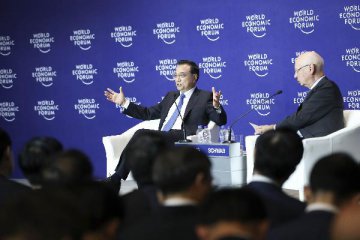
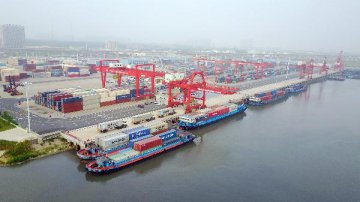
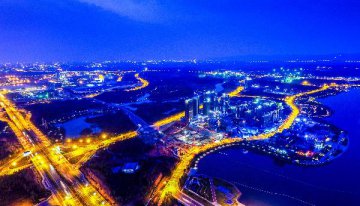
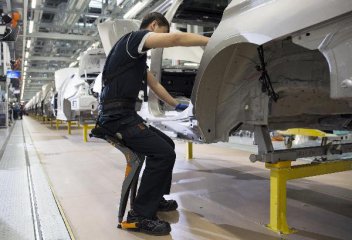

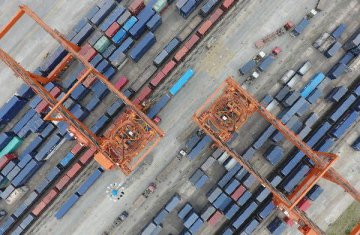


Latest comments